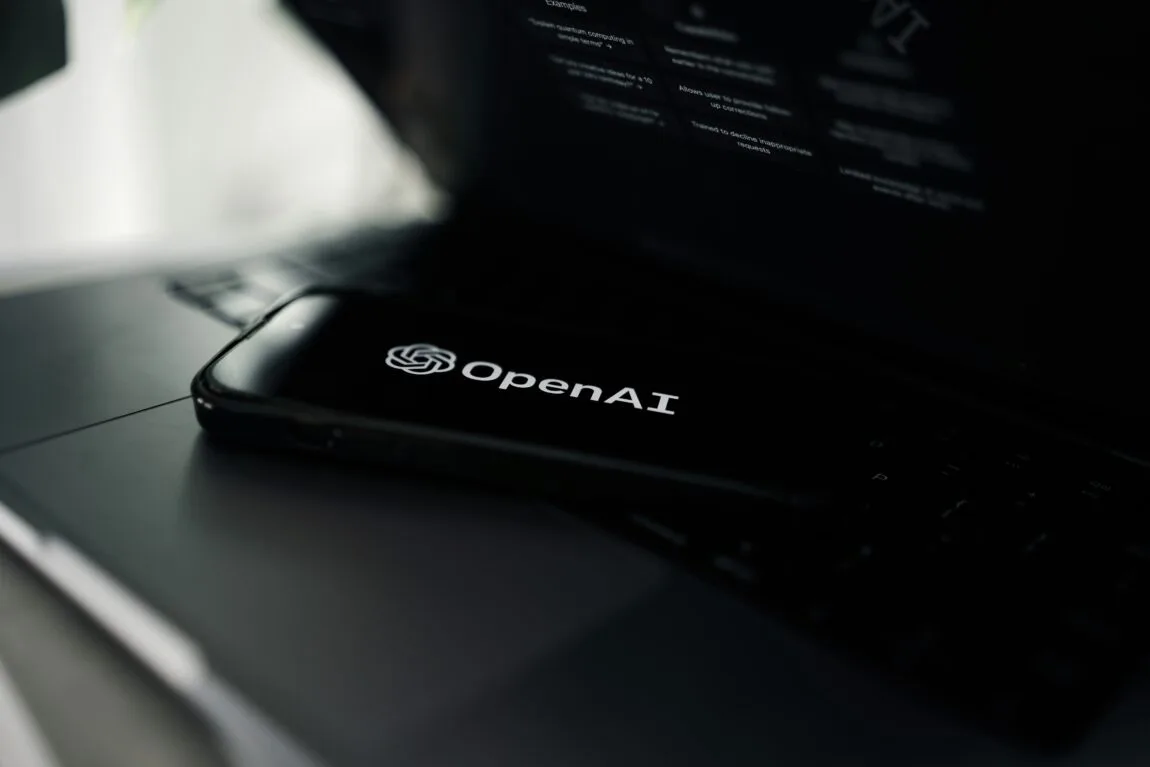As startups and small and medium-sized businesses (SMEs) grow, so do the complexities of their operations––with contracts becoming essential to defining relationships, securing revenue, and meeting obligations. However, with this increased reliance on contracts comes the risk of contract disputes.
Picture this scenario: You’ve just finalized a deal with a new client. Everything seems aligned, and you’re eager to begin. Then, a few months later, your client expresses certain dissatisfaction with the deliverables, pointing to terms in the contract that seemed clear at the outset. What was once a promising partnership now faces potential conflict, unfortunately threatening your business’s reputation and financial health.
Contract disputes like these are common, even in well-crafted agreements. For those who operate with limited resources, the consequences can be particularly severe—leading to costly legal battles, strained business relationships, and operational disruptions. In fact, the dispute resolution method chosen, whether it’s mediation, arbitration, or litigation, impacts the outcome and cost of resolving these.
With a proactive approach to contract management and a thorough contract review process, though, many of these disputes can be preempted. Let’s explore the common causes of contractual disputes, advice on how to manage them, and strategies to prevent them. By the end, you’ll have a clear path to protecting your business and ensuring that your contracts are a source of growth, not conflict.
What are contract disputes?
Contract disputes arise when two or more parties disagree on the terms, obligations, or performance outlined in a contract. Disputes occur at any stage—from the initial signing to the contract’s execution and even after the contract has expired. Common disputes include disagreements over payment terms, delivery schedules, the quality of goods or services provided, and interpretations of specific clauses.
But why do contract disputes occur?
Common triggers for contractual disputes include, but aren’t limited to:
- Ambiguous terms. When contract language is unclear or open to interpretation, parties may have different understandings of their obligations. This ambiguity often ends in disagreements.
- Failure to fulfill obligations. Whether it’s a missed deadline, incomplete work, or failure to deliver as promised, not meeting contractual obligations is a frequent source of disputes.
- Miscommunication. Poor communication during the negotiation or execution phases may lead to misunderstandings, with each party believing they have a different agreement.
- Changes in circumstances. Situations such as market fluctuations, supply chain issues, or regulatory changes can affect the feasibility of fulfilling a contract.
- Differences in interpretation. Even with clear language, parties might interpret certain clauses differently based on their perspectives, especially in complex contracts.
Financial, operational, and reputational impact
Contract disputes can result in delayed payments, increased legal fees, and, in severe cases, costly litigation. If you don’t have the cash flow or resources to absorb unexpected expenses, these financial burdens can be particularly damaging. Beyond the direct costs, disputes can also disrupt operations.
For example, if a supplier fails to deliver on time due to a dispute over terms, production schedules might be thrown off, delaying the fulfillment of orders. Operational disruptions of these kinds inevitably have a cascading effect, damaging customer relationships and burning profits. World Commerce & Contract research shows that poor contract management costs companies, on average, 9% of annual revenue.
Another thing that no one talks about and that happens a lot is missed opportunities.
When your time and resources are tied up in resolving a dispute, you may miss out on new business initiatives or be forced to delay strategic efforts. This is especially critical for startups, where the ability to move quickly and adapt to changing market conditions is often a competitive advantage.
The impact of contractual disputes extends beyond the immediate financial and operational consequences. They can also cause long-term harm to your business’s reputation. In the interconnected world we live in, a dispute with a client/supplier negatively affects your perception among partners.
For those who rely on building strong, trustworthy relationships to grow their businesses, this reputational damage can be harmful. A dispute might cause potential clients to question your reliability or lead existing partners to reconsider their commitments. If a dispute escalates to litigation, the public nature of court proceedings can tarnish your brand’s image. The fact that your company is involved in a legal battle can raise doubts about your business practices, regardless of the dispute’s outcome.
How to deal with contract disputes

The way you address a contract dispute changes its resolution. Familiarity with dispute resolution mechanisms allows you to navigate conflicts effectively and maintain strong business relationships.
Negotiation. The first and often most effective step in resolving a contract dispute is through direct negotiations between the parties involved. This approach allows for a flexible and informal resolution, where both sides can express their concerns and work towards a mutually acceptable solution.
Mediation. If a negotiation fails to resolve the dispute, mediation is a valuable next step. In mediation, a neutral third party—often a professional mediator—facilitates discussions between the disputing parties to help them reach a voluntary agreement. Mediation is less formal and less expensive than litigation, and it gives the parties more control over the outcome.
Arbitration. Arbitration involves a neutral arbitrator who hears both sides of the dispute and then makes a binding decision. This process is more formal than mediation but generally faster and less costly than going to court. Arbitration is commonly used in commercial disputes and can be a good option when the parties want a definitive resolution without the time and expense of litigation.
Litigation. As a last resort, disputes may be taken to court. Litigation is typically the most expensive way to resolve a contractual dispute. It involves a judge (and possibly a jury) who will hear the case and make a binding decision. While litigation can be necessary in some cases, it should generally be avoided due to its adversarial nature, potential to damage relationships, and the public exposure it brings.
Choosing the right dispute resolution mechanism depends on the nature of the contractual dispute. Often, the best approach is to start with negotiation and escalate to other methods only if necessary.
| Best practice | Description |
| Maintain open communication | Clear and consistent communication prevents misunderstandings and keeps parties informed. |
| Document everything | Keeping thorough records of all communications, agreements, and actions to have a trail of evidence. |
| Seek legal advice early | Get early legal counsel to understand rights and obligations, and to guide appropriate actions. |
| Be willing to compromise | Consider the long-term relationship and potential costs; compromise may resolve disputes quickly. |
| Use technology to monitor compliance | Work with AI tools to monitor contract compliance and prevent issues from escalating into disputes. |
Preventing contract disputes with contract review
A contract review checklist is your first line of defense against potential conflicts. You can identify and address ambiguous terms, unrealistic expectations, or unfair clauses. When resources are fairly limited, taking the time to conduct a comprehensive review of contracts is your best bet. This process involves carefully examining all terms and conditions, and verifying that all legal requirements are met.
Additionally, it’s important to involve relevant stakeholders in the review process, such as legal advisors, financial officers, and department heads. Their input may bring valuable perspectives to the table on the contract’s implications and help guarantee that all aspects of the agreement are fair and feasible.
AI contract review technology on your side
Advanced technology now offers powerful tools to enhance the contract review process and reduce the risk of contractual disputes. AI contract review software is especially beneficial for startups, SMEs, and all organizations, as it automates the review process, making it way faster and more precise.
AI tools analyze contracts to identify potential issues, like conflicting clauses, missing critical terms, or non-compliance with legal standards. This approach accelerates the review process and minimizes human error, so important details aren’t missed. Additionally, AI-driven contract management systems monitor contract performance over time, alerting you to any deviations from agreed terms.
Solve contract disputes faster with AI
Contract disputes bring serious challenges, affecting everything from financial stability to business relationships. But the moment you understand the common causes of contractual disputes and how to tackle those situations, you can protect your business and make sure operations run smoothly.
A proactive approach begins with a thorough contract review process, where potential issues are identified and addressed before they escalate. Using AI contract review software further enhances this process by providing accuracy, speed, and ongoing monitoring. Investing in these tools and practices reduces the likelihood of disputes and positions your brand for successful negotiations and deals.
While it’s fundamental to have a plan for contractual disputes, prevention is always the best strategy.







By entering your email, you agree to our Terms & Conditions and Privacy Policy.